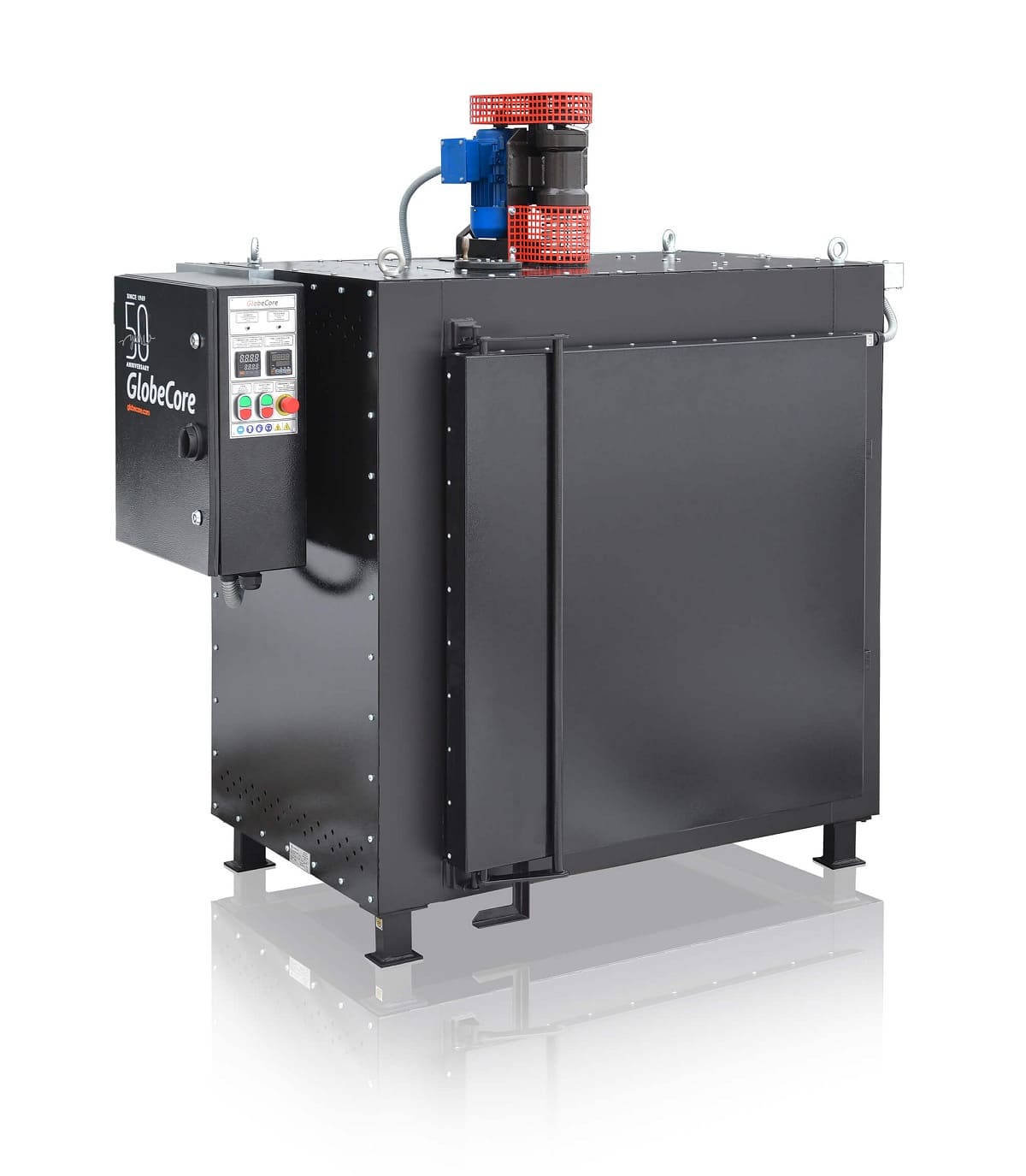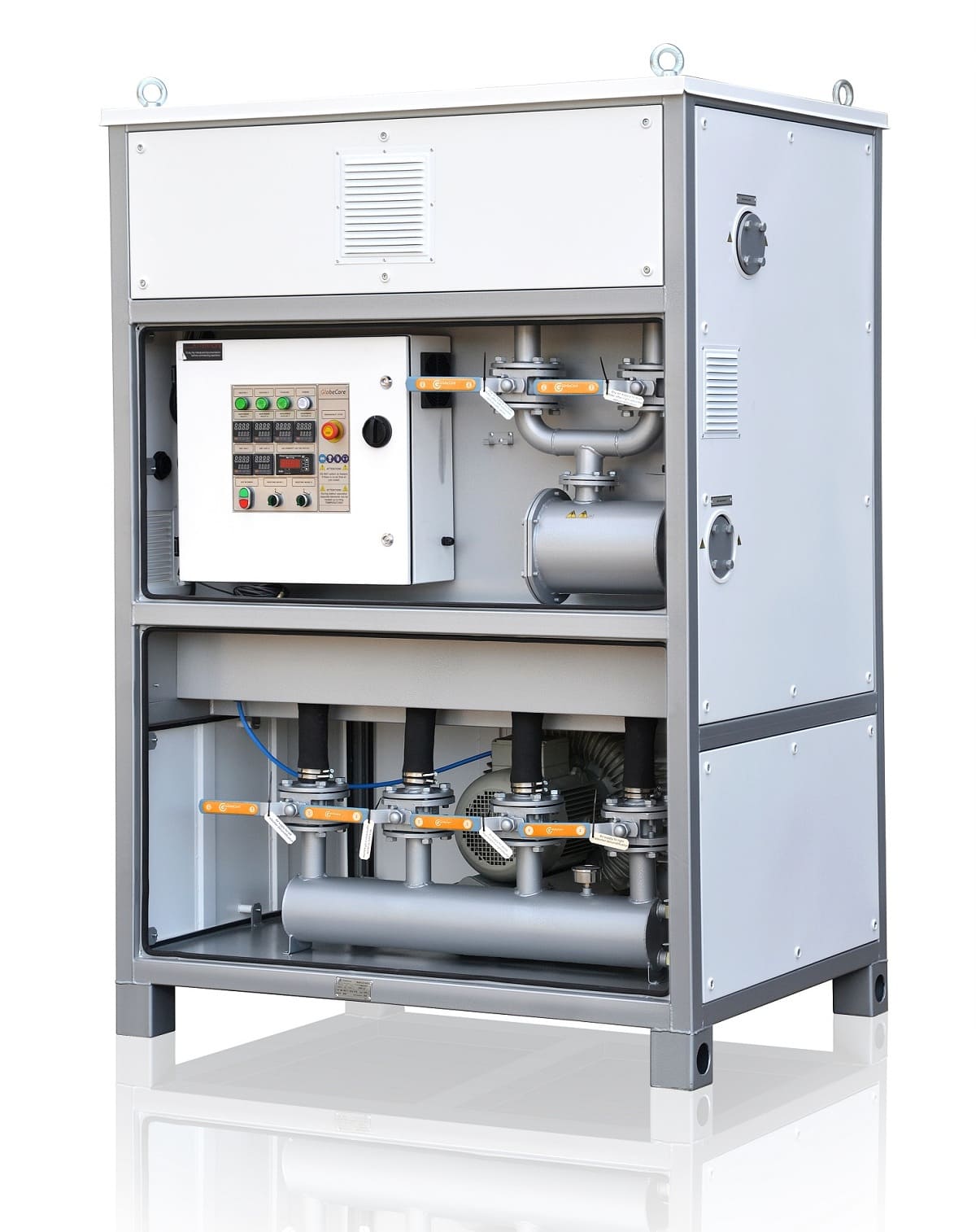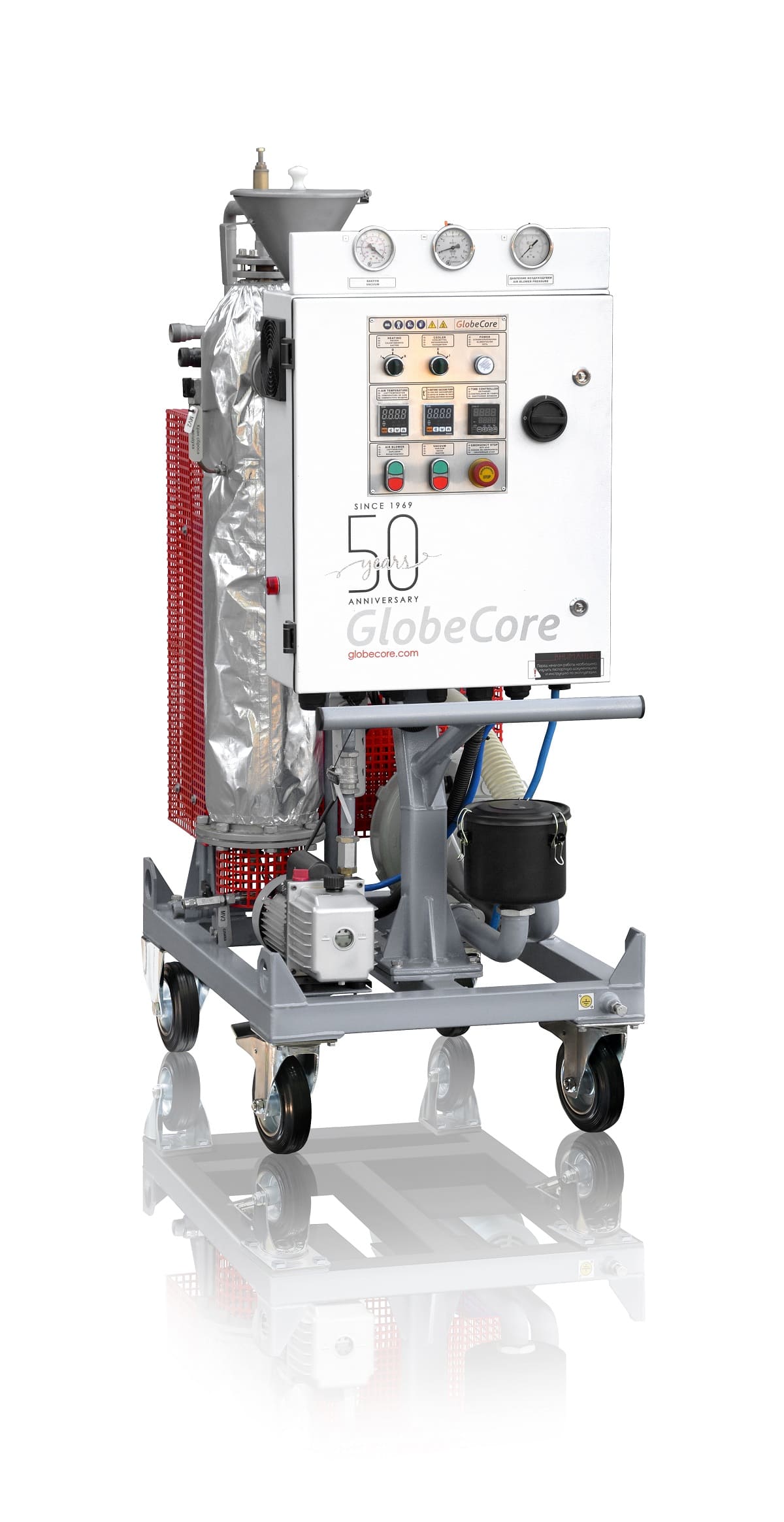Air drying
What are the most effective methods for Moisture Detection in Transformers?
- This topic has 1 reply, 2 voices, and was last updated 1 year, 4 months ago by .
Answers
-
October 4, 2024 at 3:07 pm by 山本 修平
Effective Moisture Detection in Transformers is essential for timely maintenance and prevention of oil degradation. The most common methods include Dielectric Breakdown Voltage Testing, which assesses the oil’s insulating properties and indirectly indicates moisture levels. Karl Fischer Titration is a precise chemical method used to quantify the exact moisture content in transformer oil. Dissolved Gas Analysis (DGA) detects gases produced by moisture-induced chemical reactions, providing insights into the oil’s condition. Moisture Sensors and Hygrometers offer real-time monitoring capabilities, allowing for continuous assessment of moisture levels within the transformer. Additionally, Infrared Spectroscopy can identify moisture by analyzing the oil’s absorption spectra. These methods collectively ensure accurate and reliable detection of moisture, enabling proactive maintenance to preserve transformer efficiency and longevity.



